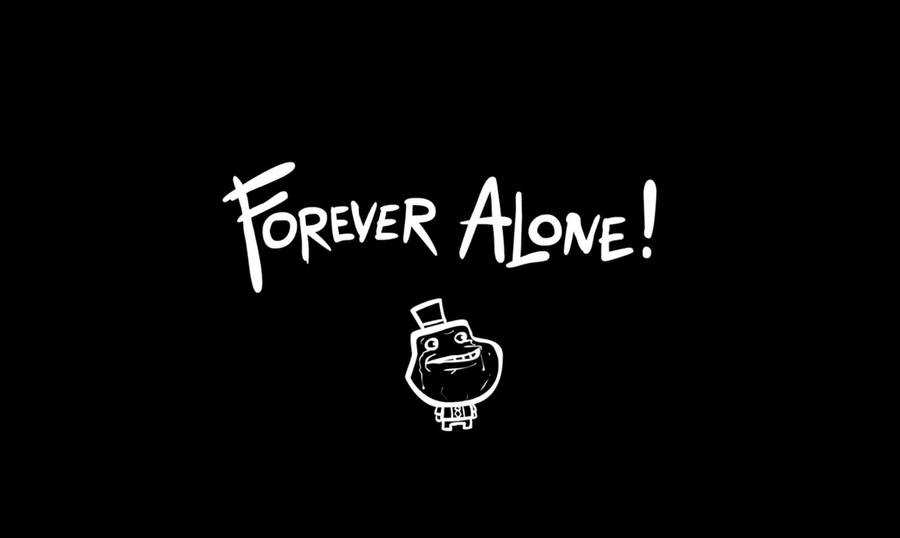MysteryMen
Scott "Rufio" Feather
- Joined
- Apr 23, 2011
- Messages
- 5,943
- Reaction score
- 274
"If you know at all how SCOTUS arguments work." Lol.
Tell me about your time arguing, clerking, or sweeping floors at the SCOTUS.
I follow the Supreme Court pretty closely, I would wager certainly more closely than anyone else on here. I've read almost every opinion for the last 5 years or so, and at least half of the oral argument transcripts.
But you're right, I was never the janitor so I probably don't know anything about it
Last edited:

